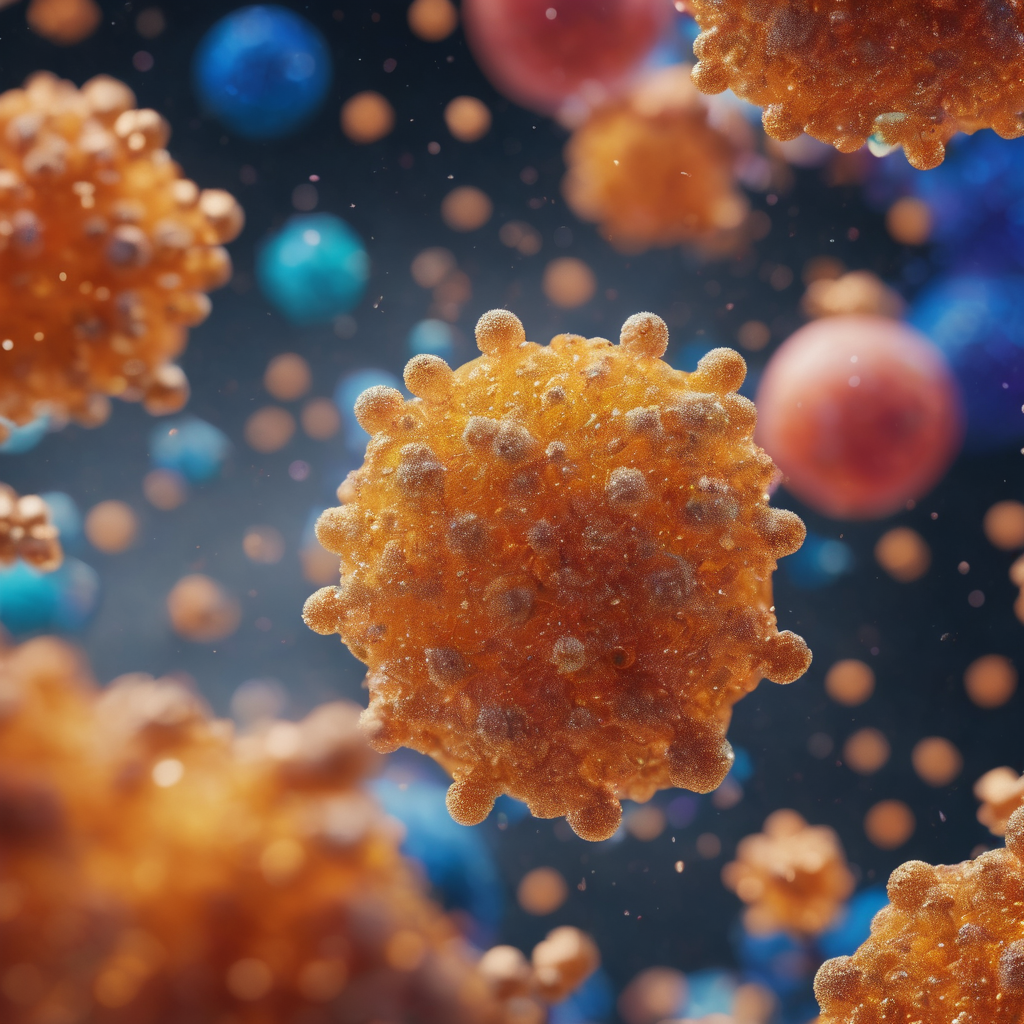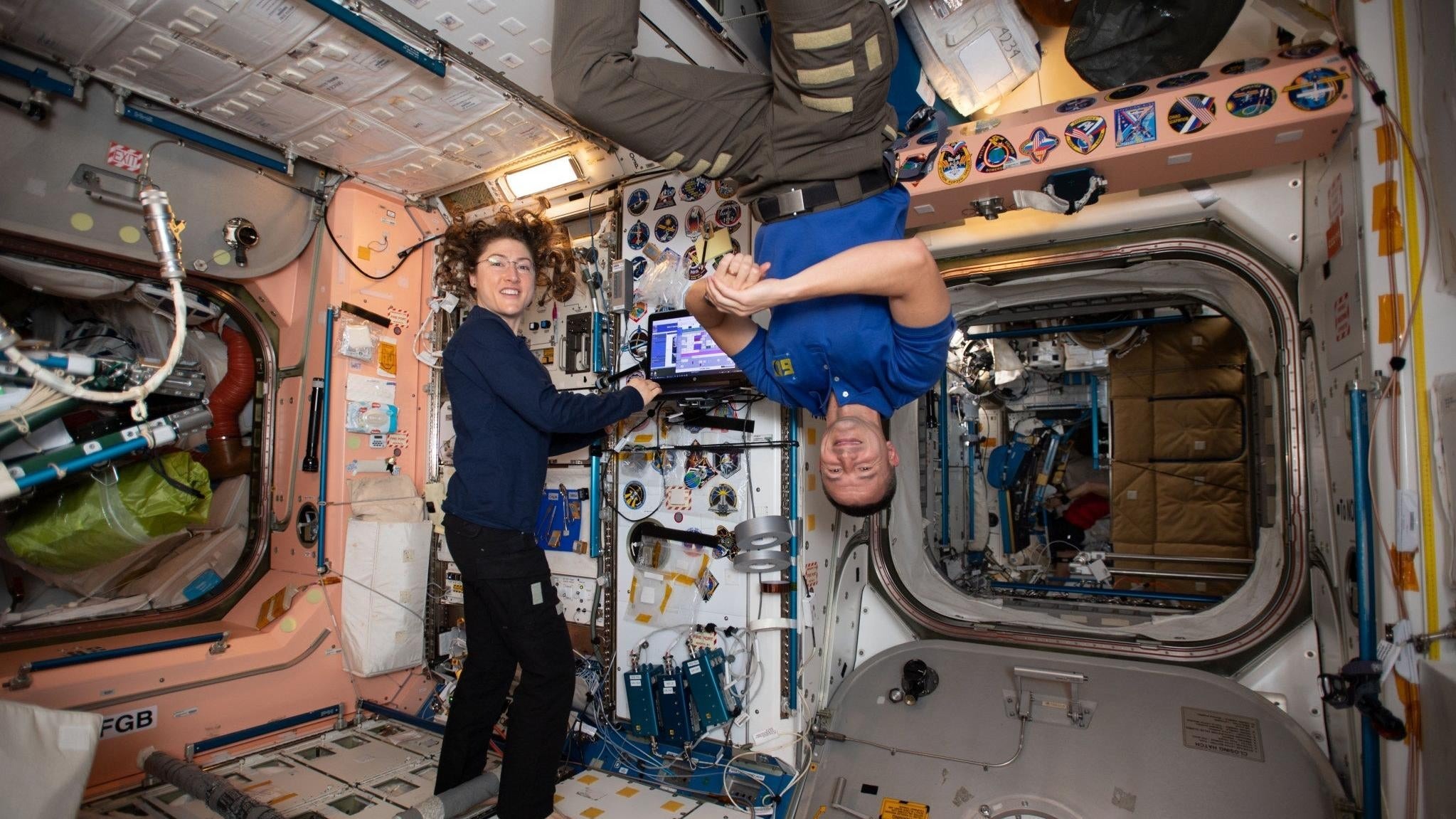The crew of the International Space Station has discovered a drug-resistant bacteria. The most amazing thing is that the crew has no idea how it got on board. Researchers aboard the low-orbit station have confirmed a finding that could lead to further cultivation of hardier bacteria capable of resisting drugs. Microgravity aboard the station is believed to be the cause of their mutation and enhanced ability to survive.

The International Space Station (ISS) is an orbital laboratory where astronauts not only explore space, but also conduct unique experiments in microgravity, which is not available on Earth. Besides people, there are also various living organisms used for experiments. Recently, the ISS crew discovered a mutated bacteria that strangely got on board. The strangest thing is that none of the astronauts knows how it got to the orbital outpost.
When the scientists, along with the astronauts, examined these bacteria, which were very different from those on Earth, the results were stunning, which they shared in PubMed. In their study, the scientists suggest that bacteria in microgravity become more resilient and less sensitive to drugs.
Over the past two decades, more than 300 astronauts have visited the ISS. During the visit, they inadvertently left behind microbes and bacteria that are always present on our body. The number of microscopic guests has accumulated so much that it has led to the emergence of a unique microbial population at the station. In 2019, scientists conducted the first major study of microorganisms on the ISS and found a variety of microbes living next to astronauts.

Bacteria on the ISS experience different conditions than on Earth. The reason is ventilation, humidity, air pressure and the number of people on board. Microgravity, radiation and elevated carbon dioxide levels also have an impact. Such an artificial environment forces microorganisms to adapt for survival.
The scientists who conducted the new study focused on Enterobacter Bugandensis, identifying 13 strains of this species for analysis. This bacteria is associated with the human gastrointestinal tract and can adapt to space conditions to infect the host. The study showed that exposure to stress changes this bacteria, making it less sensitive to treatment. In addition, it has been found that it coexists with other microorganisms and possibly helps them survive. The behavior of Enterobacter Bugandensis in zero gravity conditions may lead to its dominance on the ISS.
It is not yet clear how these space bacteria affect the health of astronauts. Although they are associated with clinical infections such as sepsis. The authors of the article call for preventive measures to mitigate their impact. It is also unknown whether these mutated bacteria are a threat to humans. Therefore, it is important to study the possibility of the appearance of such microbes in space that are not found on Earth.
Earlier, we reported on how ancient microbes could destroy the climate of Mars.
According to dailystar.co.uk
Follow us on Twitter to get the most interesting space news in time
https://twitter.com/ust_magazine


